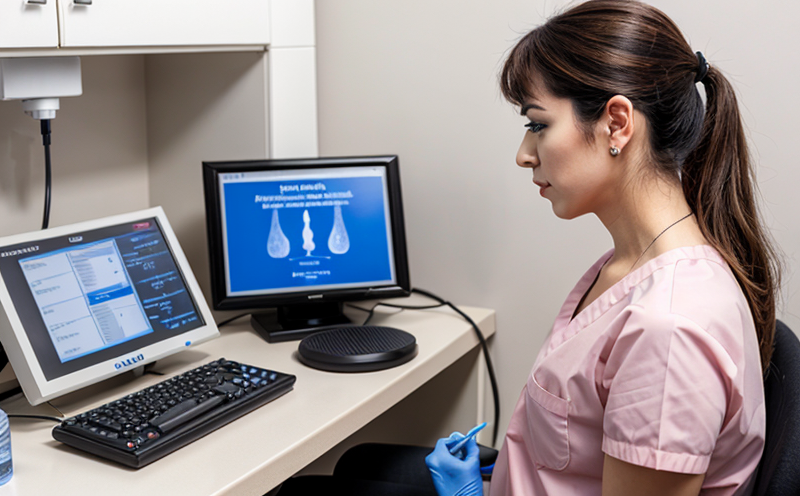Steroid Hormone Testing in Veterinary Pharmacology
Steroid hormone testing is a crucial diagnostic tool used to monitor and evaluate the efficacy of therapeutic steroids in veterinary pharmacology. Steroids play a vital role in managing various conditions such as inflammatory disorders, immunosuppression, and certain types of cancer. The accurate measurement of steroid levels helps healthcare providers adjust treatments for optimal patient outcomes.
In the context of veterinary medicine, steroid hormones are often administered to animals with immune-mediated diseases like rheumatoid arthritis or systemic lupus erythematosus. They can also be used in conditions such as Addison's disease (hypoadrenocorticism) and Cushing’s syndrome (hyperadrenocorticism). The goal is not only to alleviate symptoms but also to prevent complications associated with long-term steroid use.
Eurolab, a leading provider of clinical laboratory services, offers comprehensive steroid hormone testing tailored specifically for veterinary applications. Our expertise ensures that the tests are performed accurately and consistently, providing reliable data that can be used by veterinarians to make informed decisions about their patients' care.
The process typically involves collecting blood samples from animals and analyzing them using highly sensitive and precise analytical methods such as liquid chromatography-tandem mass spectrometry (LC-MS/MS). This approach allows for the detection of even trace amounts of steroids, which is important given their narrow therapeutic index. Proper specimen preparation is critical; it includes ensuring that the sample is collected at appropriate times post-administration and stored under optimal conditions until analysis.
Accurate interpretation of results requires understanding normal ranges for different species and individual animals. Reference intervals can vary significantly based on breed, age, sex, and other factors. For instance, cortisol levels in dogs may differ from those seen in cats due to differences in physiological responses to stress or illness.
| Species | Range (ng/dL) |
|---|---|
| Dogs | 7-28 ng/dL |
| Cats | 30-140 ng/dL |
| Horses | 5-19 ng/dL |
Eurolab Advantages
Eurolab stands out in the field of steroid hormone testing for veterinary pharmacology through several key advantages:
- Accurate and Reliable Results: Utilizing advanced LC-MS/MS technology, we ensure high accuracy and precision.
- Wide Range of Species Support: Our expertise covers a broad spectrum including dogs, cats, horses, cattle, sheep, pigs, and more.
- Customizable Services: We offer tailored solutions based on specific client needs whether it’s routine monitoring or specialized research projects.
Customer Impact and Satisfaction
Eurolab's commitment to excellence has led to significant positive impacts on our customers:
- Patient Care Improvement: By providing accurate steroid hormone levels, we help veterinarians improve patient care.
- Informed Decision Making: Reliable test results enable better treatment planning and adjustments as necessary.
- Reduced Risks: Accurate testing helps minimize the risks associated with improper dosing or monitoring of steroid usage.
Use Cases and Application Examples
Steroid hormone testing has numerous applications in veterinary medicine, particularly in endocrinology:
- Diagnosis of Addison’s Disease: Measuring corticosteroids like cortisol can confirm the diagnosis.
- Cushing’s Syndrome Monitoring: Assessing for excess production or inappropriate administration.
- Inflammatory Conditions Management: Regular monitoring to ensure appropriate therapy levels are maintained.





